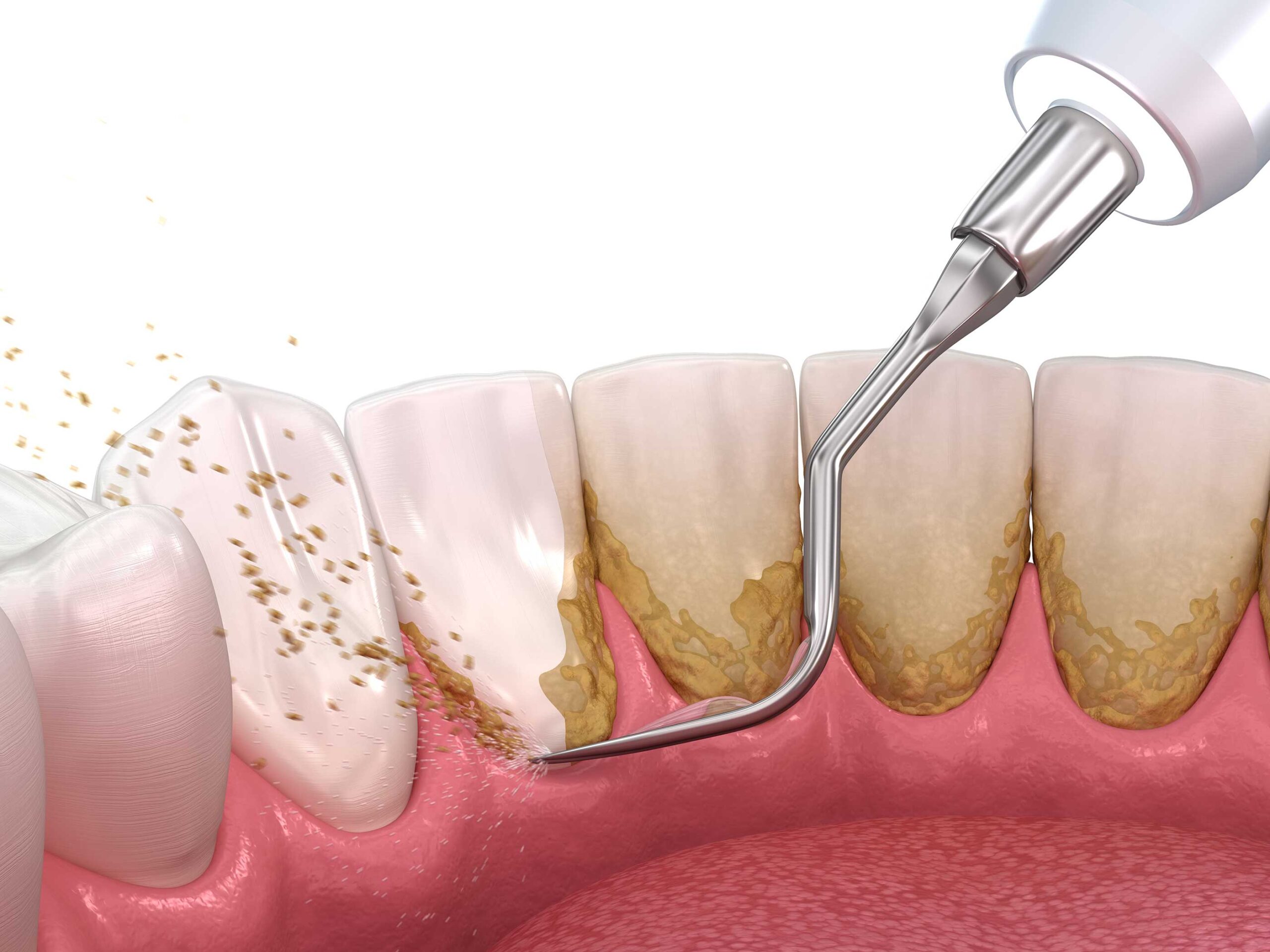Dental calculus is the hardened form of plaque that is the most common and prime culprit in wreaking havoc on your oral health. It co-exists with bacteria to secrete harmful acids and toxins resulting in oral problems like tooth decay and gum disease.
If you think you are suffering from dental calculus, consult the Monterey Park, CA dentist, or their expert team for prompt diagnosis and treatment. But before that let’s explore everything about dental calculus for a better understanding.
Understanding dental calculus
Dental calculus, popularly known as tartar, is the hardened form of plaque that accumulates on your teeth, above and below the gum line. Poor oral hygiene often results in bacterial colonization and plaque accumulation which left untreated can harden to form calculus. Unlike plaque, you cannot remove calculus through routine brushing and flossing. You may require professional teeth cleaning by a dentist or oral hygienist.
Calculus contains dead bacteria that have mineralized, mixed with a small portion of mineralized proteins from your saliva. Specifically, calculus consists of three main minerals, namely- calcium phosphate, calcium carbonate, and magnesium phosphate
What causes calculus?
Increased bacterial accumulation due to poor oral hygiene gives way to plaque formation. Untreated plaque leads to the formation of calculus.
Anyone can get calculus in their mouth, but you are more likely to develop calculus if you:
- Fail to brush and floss as often as required
- Consume a lot of sugary foods and drinks
- Smoke or use other tobacco products
- Wear braces
- Suffer from xerostomia (dry mouth)
What are the symptoms of calculus in your mouth?
If calculus develops in your teeth, you may notice the following signs and symptoms:
- Yellow, brown, gray, or black stains on your teeth
- Hard chunks of debris, especially behind the teeth
- Halitosis (bad breath)
- Red, swollen, bleeding gums
- Diastema (gaps between teeth)
- Gum recession (pulling away of the gums from the gum line
- Increased tooth sensitivity
How is calculus treated?
Treatment for calculus depends on the amount and extent of development. Your dentist may recommend any one of the following treatment options:
Dental cleanings
- This includes routine supragingival and subgingival cleanings by an oral hygienist
Advanced gum disease treatment
- Common gum disease treatments include:
- Scaling
- Root planing
- Pocket reduction surgery
- Laser periodontal therapy
If you notice calculus, seek dental care for further evaluation and treatment. Early detection and treatment for calculus can greatly improve your oral health and quality of life. Leaving calculus untreated can predispose you to advanced gum disease and tooth decay. So act fast!
